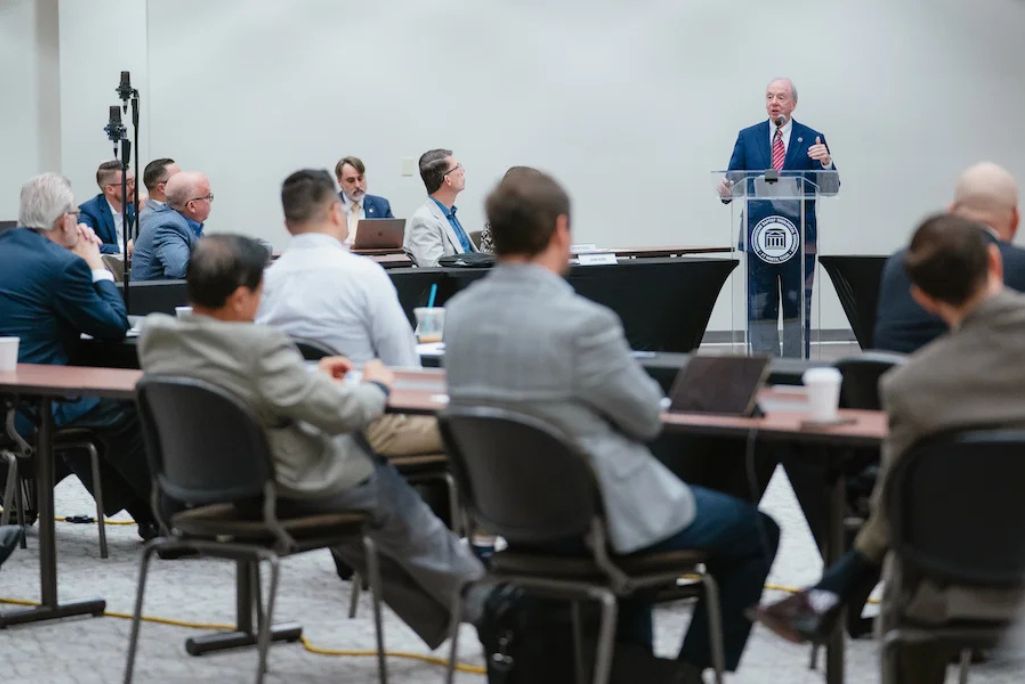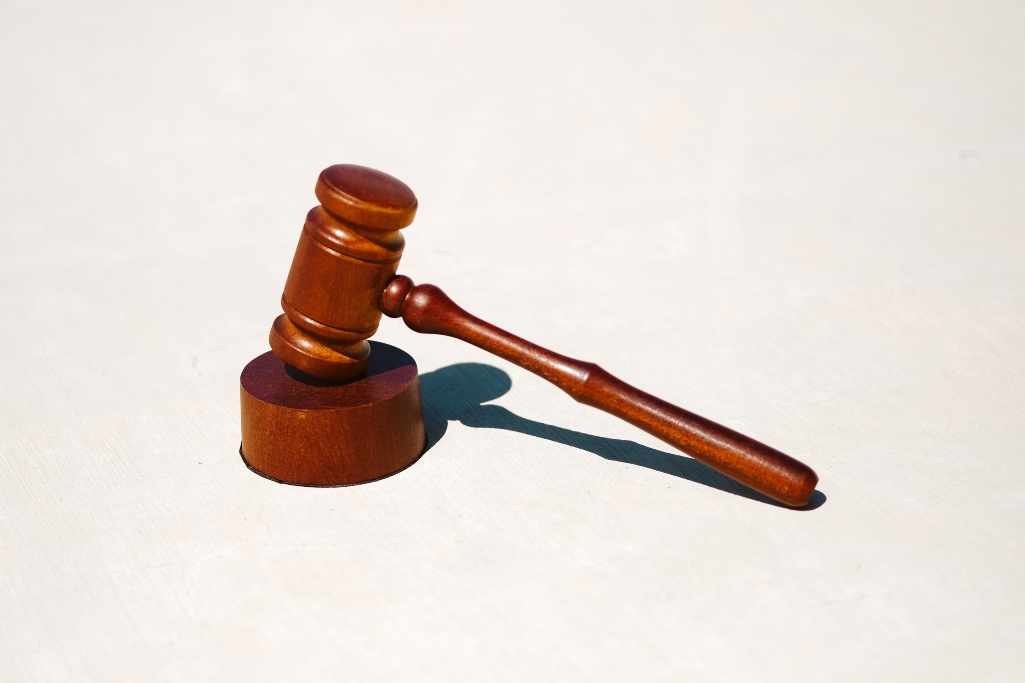NEW ORLEANS (BP) – Nearly a year after its original dismissal, the merits of a lawsuit against Southwestern Baptist Theological Seminary and Paige Patterson, its former president, were argued before a three-judge appeals court panel April 3.
Plaintiff “Jane Roe” filed suit against Patterson and the seminary in 2019, claiming negligence, violation of privacy and defamation. She alleges she was sexually assaulted at gunpoint on at least three occasions in late 2014-early 2015 by “John Doe,” a student with a criminal history, who was also employed as a plumber by the school.
Claims against both parties were dismissed April 6 of last year by the U.S. District Court for the Eastern District of Texas, but Roe appealed. Ultimately, she seeks a jury trial on the facts of the case. Due to the sensitive nature of her allegations, many of the case’s documents have been sealed.
In Wednesday’s hearing, Roe’s attorney, Sheila Haddock, focused her argument on two of her client’s claims – a defamation claim against Patterson and a negligence claim against SWBTS.
The defamation allegation comes from statements made in defense of Patterson after Roe’s sexual assault claims came to light. Patterson’s handling of the incident was one of the issues considered by SWBTS trustees prior to his termination in 2018. In the weeks following Patterson’s departure, his supporters released and distributed information attempting to explain and/or defend his actions.
Roe maintains that some of the claims in those documents – that Roe made false statements, that she had consensual sex outside of marriage, etc. – are defamatory toward her.
In court, Haddock argued that some of the documents’ authors, including Sharaya Colter, wife of longtime Patterson aide Scott Colter, were acting as “agents” of Patterson in writing and disseminating the articles.
In his rebuttal, Patterson’s attorney, Travis Jones, said there was no evidence that Patterson authorized any parties to make public statements on his behalf and further that most of the assertions in the documents do not constitute “defamation per se.”
“The record evidence is that there’s no evidence tying Dr. Patterson to any of these alleged defamatory statements,” Jones said. “Nothing occurred within the scope of the agency relationship.”
With regard to the negligence charge against the seminary, SWBTS attorney Brian Rutherford said none of the evidence submitted shows that seminary officials could have foreseen that Doe would commit sexual assault against Roe. He also argued that the school followed its normal admission and hiring procedures with regard to Doe.
Finally, Rutherford said, since Patterson’s employment at SWBTS had ended prior to the dissemination of the alleged defamatory material, his client, the seminary, should be dismissed from those claims.
In her closing arguments, Haddock urged the judges to allow the case to proceed to trial.
“There are disputed fact issues even within just the testimony that was offered in support of a defendant’s motions for summary judgment,” she said. “And this court has told us that in cases like that, summary judgment is simply not appropriate.”
(EDITOR’S NOTE – Laura Erlanson is managing editor of Baptist Press.)


